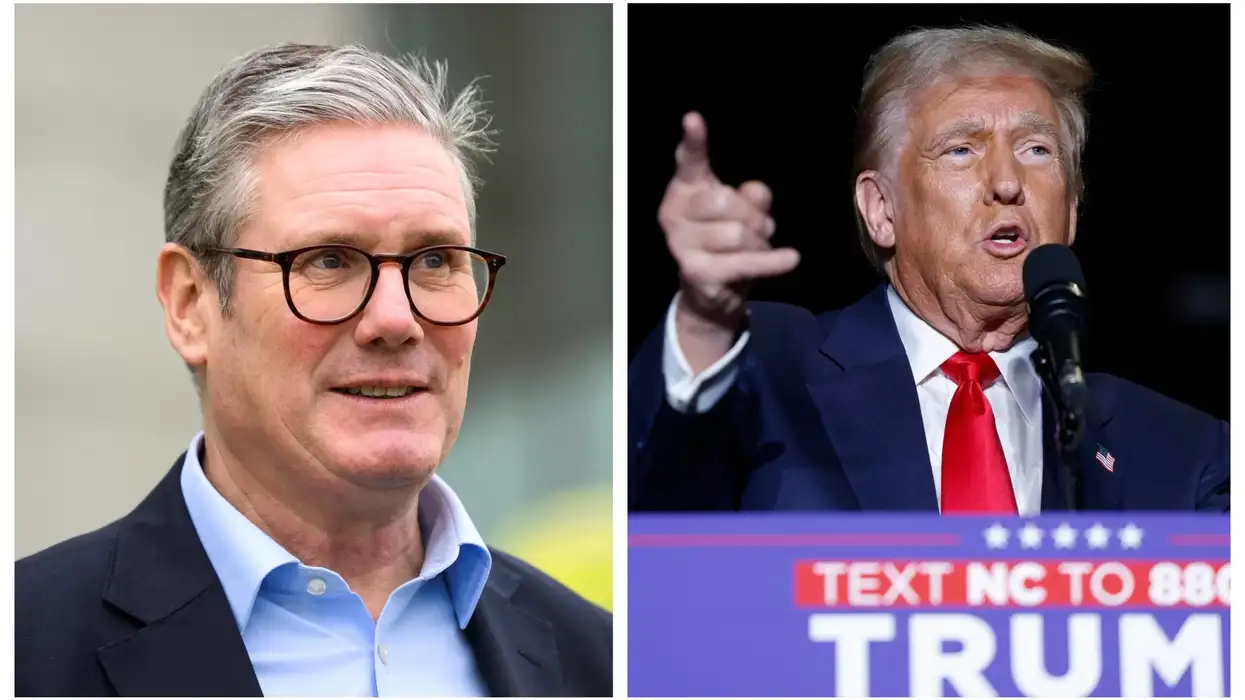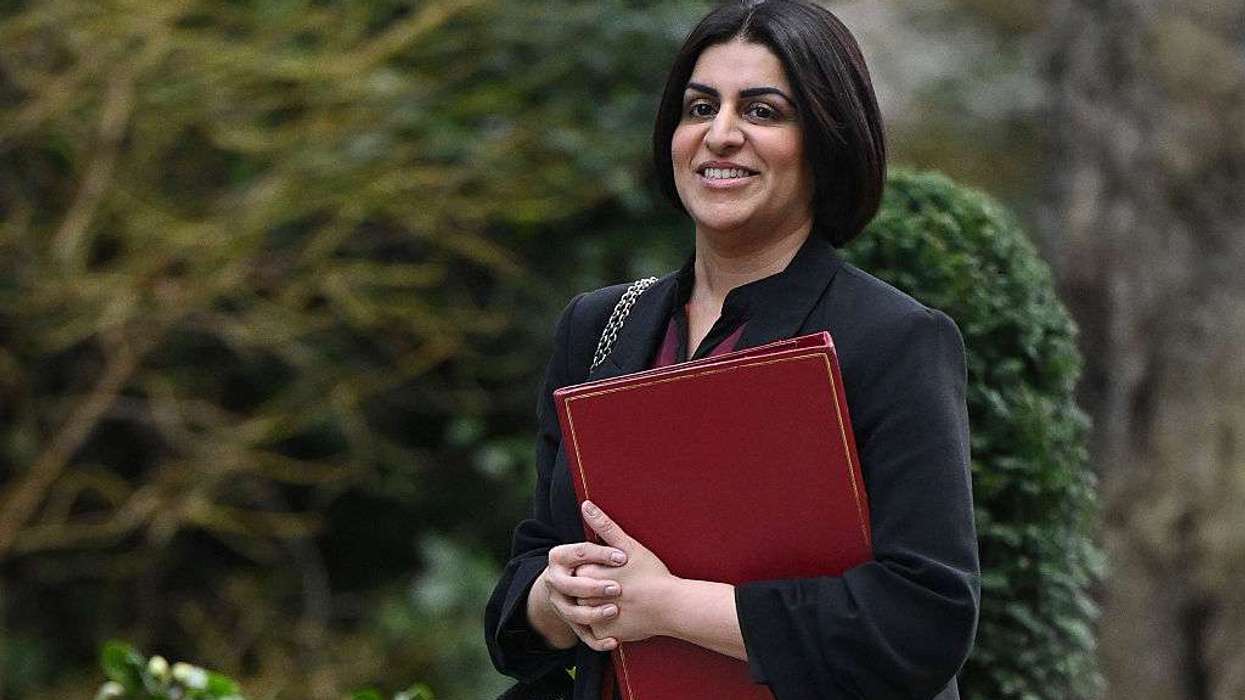THE UK’s economy faces a major risk from US president Donald Trump’s proposed tariffs, the country’s fiscal watchdog warned on Wednesday, citing slow growth and a high debt burden as key vulnerabilities.
Chancellor Rachel Reeves announced cuts to the welfare budget and other spending reductions to meet a key fiscal target aimed at reassuring investors after the 2022 market turmoil under former prime minister Liz Truss.
However, the independent fiscal watchdog warned that a global trade war could impact economic output, while rising Bank of England interest rates and gilt yields could erode Reeves’ limited fiscal headroom.
"If you are going to have 'iron-clad' fiscal rules then leaving yourself next to no headroom against them leaves you at the mercy of events," Paul Johnson, director of the Institute for Fiscal Studies, said.
Trump has stated that new reciprocal tariff rates will take effect on April 2, targeting countries his administration believes are blocking US exports.
The Office for Budget Responsibility (OBR) warned that higher US import tariffs could slow UK economic activity beyond their direct impact on exports.
The watchdog estimated that US tariffs on trade partners could shrink the UK economy, which relies heavily on international trade, by up to 1 per cent.
Reeves and prime minister Keir Starmer, elected last July with promises of economic renewal, have faced setbacks due to rising debt costs and stagnant growth.
Reeves has been criticised by businesses after her first budget in October included tax hikes on employers.
Despite the pressure, she has defended her plans, citing the need to rebuild public finances. She also reduced payments for heating costs to the elderly before announcing welfare cuts on Wednesday, which are expected to affect 3.2 million families.
UK economy at risk
Reeves' fiscal strategy could face further strain if Trump proceeds with his proposed tariffs next week.
The OBR noted that a 0.6 percentage-point rise in Bank of England rates and gilt yields over its five-year forecast would eliminate Reeves’ fiscal buffers, potentially forcing policy changes.
Even if tariffs were imposed only on China, Canada, and Mexico, retaliatory measures and market uncertainty could still harm the UK economy.
The UK is negotiating a tech-focused trade deal with the US, which could help avoid direct tariff impacts.
Reeves said Starmer had developed a strong relationship with Trump and pointed to improved trade between the two countries during Trump’s previous term.
"We'll continue to make that case for free and open trade. Let's see where we get to in the next few weeks, but I recognise how important free and open trade is," she told a press conference.
The Liberal Democrats criticised the government’s handling of the situation, warning that Trump's tariffs could derail Reeves' economic plans.
"This government is flying blind instead of coming up with a proper plan on how to protect our economy from this threat," the party said.
Rising debt and borrowing concerns
The fiscal update and the tariff risks have renewed calls from some investors and economists for stronger measures to reduce the national debt, which stands at around 95 per cent of annual economic output—levels last seen in the early 1960s when the UK was recovering from World War Two.
Some argue that tax increases are needed to stabilise public finances, which have absorbed multiple economic shocks, including the 2008 financial crisis, Brexit, COVID, and rising energy costs after Russia’s invasion of Ukraine.
The OBR projected that the government would borrow an additional £47.6 billion by the end of the decade compared to forecasts made five months ago.
"This government is borrowing an awful lot," Johnson at the IFS said. "We are spending so much on debt interest at the moment, but borrowing even more."
He warned that speculation over potential tax increases could persist in the months ahead, with Reeves expected to deliver her next full budget statement in October or November.





